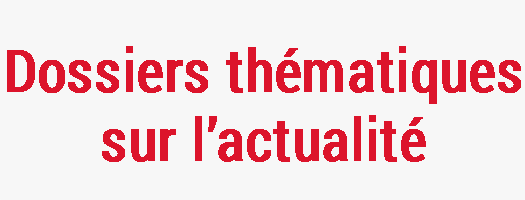23 septembre 2021 - 11 h 15 min - 12 h 15 min
John Levi Barnard, Associate Professor en American Studies/Environmental Humanities de l’University of Illinois, Urbana Champaign, est chercheur invité du LARCA du 20 septembre au 1er octobre 2021. Il travaille actuellement sur un livre provisoirement intitulé The Edible and the Endangered: Food, Empire, Extinction.
John Levi Barnard participera au Congrès 2021 de l’Institut des Amériques jeudi le 23 septembre (11h15-12h15). Il présentera sa communication “MEAT, CLIMATE AND THE DYSTOPIA OF THE PRESENT”
Campus Condorcet (également accessible via zoom) Inscription gratuite mais obligatoire : https://congresida2021.sciencesconf.org/resource/page/id/7
MEAT, CLIMATE AND THE DYSTOPIA OF THE PRESENT
Industrial animal food systems account for nearly 15% of all greenhouse gas emissions and are the primary driver of species extinctions worldwide. Yet despite growing awareness of these impacts, the average US citizen still eats over two hundred pounds of meat every year, and arguments for reducing consumption in order to mitigate what is now a rapidly accelerating ecological catastrophe are met with skepticism if not derision across the political spectrum in the United States. In this talk I will trace the emergence of industrial meat as both a global commodity system—traceable to early colonization of the “New World,” and now deeply entwined in economies and ecosystems from the high plains of Wyoming to the Amazon rainforest— and as an essential feature of an American consumer culture that has been increasingly exported around the world. I draw these entwined economic and cultural trajectories out of a series of texts—from Upton Sinclair’s The Jungle to Ruth Ozeki’s My Year of Meats—that highlight meat’s cheapness and abundance over the long twentieth century, before turning to an array of dystopian speculative fictions and films that suggest the precariousness of that seemingly inexhaustible supply. These speculative works—from the iconic 1973 film Soylent Green to Argentine writer Agustina Bazterrica’s recent novel Tender Is the Flesh—imagine meat’s scarcity as a defining feature of a dystopian future, but they generally fail to register how the animal food system is itself a driving force—through climate change and mass extinction, to say nothing of zoonotic pandemic disease—behind the emergent dystopia of the present. What these alternating visions of abundance and scarcity reveal is a consuming culture that now appears both nonnegotiable and entirely unsustainable, a conundrum that offers a specific iteration of what has become a general truism for critics of late capitalism : that it is easier to imagine the end of the world than a world without meat.


